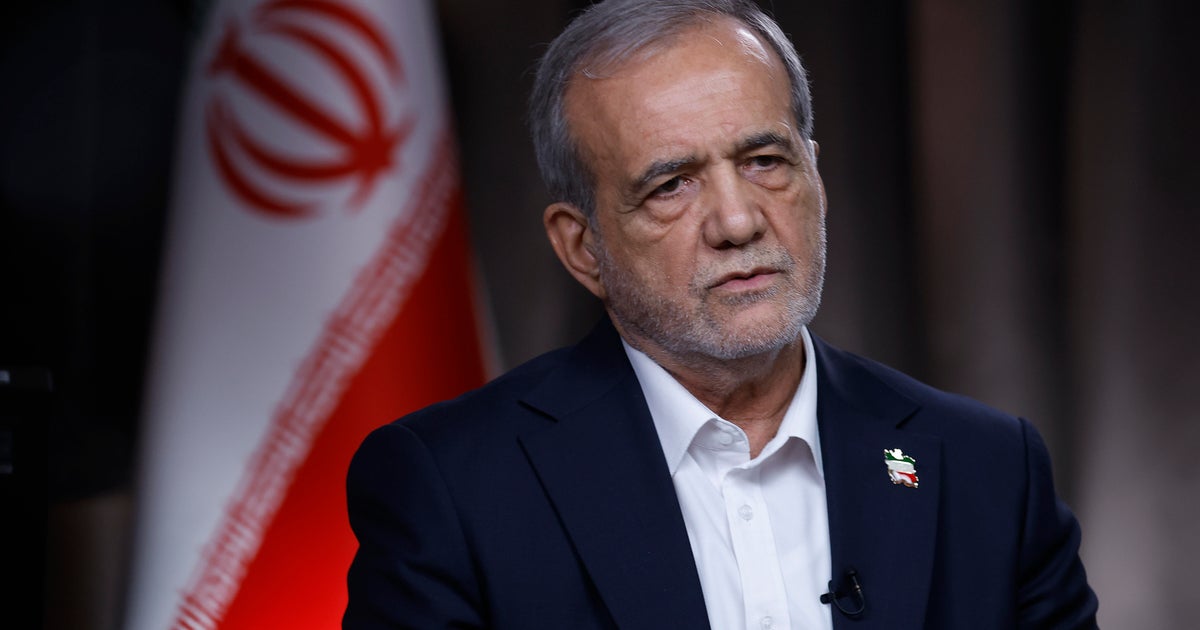The United Nations reimposed sanctions on Iran early Sunday over its nuclear program, further squeezing the Islamic Republic as its people increasingly find themselves priced out of the food they need to survive and worried about their futures.
The sanctions will again freeze Iranian assets abroad, halt arms deals with Tehran, and penalize any development of Iran’s ballistic missile program, among other measures.
Iran’s rial currency sits at a record low, increasing pressure on food prices and making daily life that much more challenging. This includes staples such as meat, rice, and other essentials on the Iranian dinner table.
Meanwhile, concerns grow over a new round of fighting between Iran and Israel, as well as potentially the U.S., as missile sites struck during the 12-day war in June now appear to be under reconstruction. Activists fear a rising wave of repression within the Islamic Republic, which has reportedly executed more people this year than over the past three decades.
Sina, the father of a 12-year-old boy who spoke on condition of anonymity due to fear of repercussions, said the country has never faced such a challenging time—even during the deprivations of the 1980s Iran-Iraq war and the decades of sanctions that followed.
“For as long as I can remember, we’ve been struggling with economic hardship, and every year it’s worse than the last,” Sina told The Associated Press. “For my generation, it’s always either too late or too early—our dreams are slipping away.”
The “snapback” sanctions were designed to be veto-proof at the U.N. Security Council, meaning China and Russia could not block them alone, as they have with other proposed actions against Tehran in the past. Russian Foreign Minister Sergey Lavrov called the sanctions a “trap” for Iran on Saturday.
France, Germany, and the United Kingdom triggered snapback 30 days ago due to Iran’s further restrictions on monitoring its nuclear program and the deadlock in negotiations with the U.S. Iran further withdrew from International Atomic Energy Agency (IAEA) monitoring following Israel’s war with the country in June, during which the U.S. struck nuclear sites in the Islamic Republic.
Despite these tensions, Iran still maintains a stockpile of uranium enriched up to 60% purity—a short, technical step away from weapons-grade levels of 90%. This stockpile is largely enough to make several atomic bombs, should Tehran choose to rush toward weaponization.
Iran has long insisted its nuclear program is peaceful, although the West and the IAEA assert that Tehran had an organized weapons program up until 2003.
On Sunday, the three European nations said they “continuously made every effort to avoid triggering snapback.” However, they stated Iran “has not authorized IAEA inspectors to regain access to Iran’s nuclear sites, nor has it produced and transmitted to the IAEA a report accounting for its stockpile of high-enriched uranium.”
Tehran has argued against the three European nations’ authority to implement snapback, partly pointing to America’s unilateral withdrawal from the accord in 2018 during President Trump’s first term.
U.S. Secretary of State Marco Rubio praised the three European nations for “an act of decisive global leadership” in imposing the sanctions on Iran and said, “diplomacy is still an option. For that to happen, Iran must accept direct talks.”
However, it remains unclear how Tehran will respond.
“The Trump administration appears to think it has a stronger hand post-strikes, and it can wait for Iran to come back to the table,” said Kelsey Davenport, a nuclear expert at the Washington-based Arms Control Association. “Given the knowledge Iran has, given the materials that remain in Iran, that’s a very dangerous assumption.”
Davenport also cautioned about risks for Iran. “In the short term, kicking out the IAEA increases the risk of miscalculation. The U.S. or Israel could use the lack of inspections as a pretext for further strikes.”
The aftermath of the June war drove up food prices in Iran, putting already expensive meat out of reach for poorer families. Iran’s government reported overall annual inflation at 34.5% in June, and its Statistical Center noted that the cost of essential food items rose over 50% during the same period.
Yet, these official figures may not fully reflect the costs people see at shops. Pinto beans tripled in price over the past year, while butter nearly doubled. Rice, a staple, increased by more than 80% on average, hitting 100% for premium varieties. Whole chicken prices rose by 26%, with beef and lamb up 9%.
“Every day I see new higher prices for cheese, milk, and butter,” said Sima Taghavi, a mother of two, at a Tehran grocery store. “I cannot omit them like fruits and meat from my grocery list because my kids are too young to be deprived.”
The pressure over food and fears about the possibility of war resuming have led to an increase in patients seeking psychological help since June, according to local Iranian media.
“The psychological pressure from the 12-day war on the one hand, and runaway inflation and price hikes on the other, has left society exhausted and unmotivated,” Dr. Sima Ferdowsi, a clinical psychologist and professor at Shahid Beheshti University, told the Hamshahri newspaper in July.
Iran has seen multiple nationwide protests in recent years, fueled by anger over the economy, demands for women’s rights, and calls for changes to the country’s theocratic system.
In response to these protests and the June war, Iran has been executing prisoners at a pace unseen since 1988, when thousands were executed at the end of the Iran-Iraq war.
The Oslo-based group Iran Human Rights and the Washington-based Abdorrahman Boroumand Center for Human Rights in Iran reported that the number of executions in 2025 has exceeded 1,000, with the actual figure possibly higher, as Iran does not disclose every execution.
https://www.cbsnews.com/news/united-nations-hits-iran-snapback-sanctions-nuclear-program/



